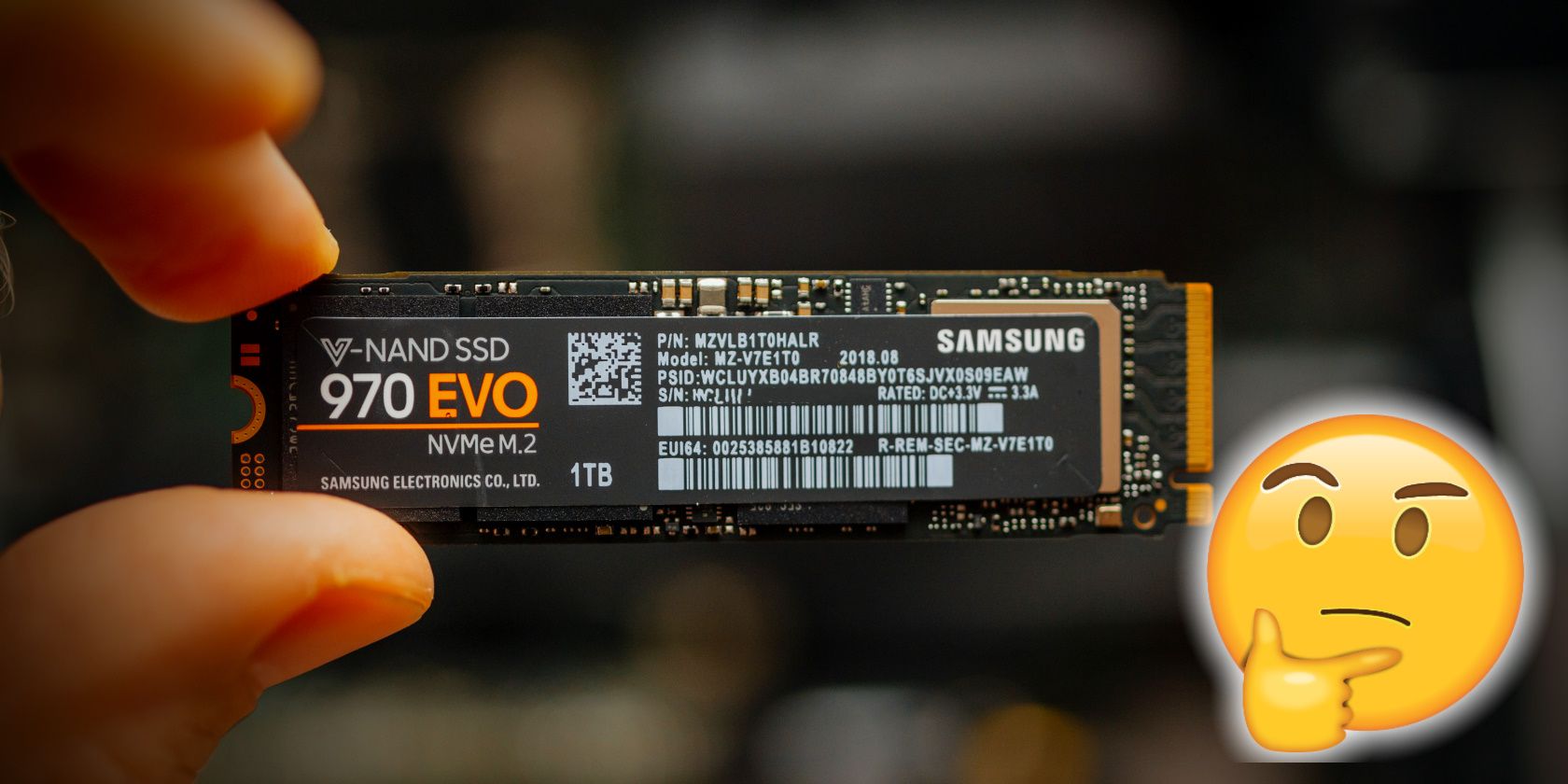We take the word of manufacturers as gospel when it comes to PC hardware. The assurance of testing is what makes us, as consumers, buy one brand over another.
But what if those trusted brands were actively gaming the system and falsifying test results to make their hardware appear better than it is?
Samsung, Crucial, and Western Digital have all been caught doing exactly this—swapping out hardware components for reviewers to ensure better test results and, ultimately, increased coverage and ratings.
But how are Samsung, Crucial, and Western Digital cheating SSD speed tests?
Sending Their Best Hard Drives to Reviewers to Fake Test Results
We should clarify: the SSD testing isn't entirely "fake." Instead, these companies send their best hardware to reviewers and testers to make sure the products deliver every ounce of performance. But in some cases that hardware isn't what regular consumers are receiving.
In the case of Crucial and Western Digital, both companies were caught swapping out the existing NAND flash memory sent to reviewers for an inferior version. The result is that in speed tests, hardware sent to regular consumers is performing vastly slower than expected.
As first reported by Chinese tech site Expreview, Western Digital's WD Blue SN550 offers a mere 64 percent of the performance of drives sent to reviewers. This variance comes after the company replaced the NAND flash memory used on the chips. Western Digitial's WD Blue SN550 is one of the most popular drives on the market.
It's a similar story for Crucial's popular P2 SSD. Crucial swapped out the P2's faster TLC flash memory for slower and less-durable QLC flash, slashing the drive's performance instantly. As a result, the QLC drives perform at roughly one-quarter of the speed of the older TLC P2 drives.
As noted by Tom's Hardware, there may even be a third version of this drive in circulation, as their testing found an entirely different configuration on a sample unit—another worry for consumers.
While Crucial and Western Digital have been caught quietly replacing faster TLC flash for slower QLC, it's a slightly different picture for Samsung. The South Korean manufacturer is switching the drive controller and TLC memory for a slower, more inferior version, affecting testing scores and overall performance in key areas.
The above video (English speakers can enable English subtitles) reveals that with the "new" Samsung 970 EVO Plus version, performance nosedives after the 120 GB mark, indicating that Samsung significantly altered the controller and cache. Again, the 970 EVO Plus is a massively popular NAND flash option, and this change is an entirely unannounced alteration.
Samsung, Western Digital, and Crucial Break Consumer Trust
Companies of this stature substituting crucial hardware components without warning signals a significant trust issue. Given this information, how can consumers consider buying new drives from one of these three manufacturers?
Imagine you're sent a shiny new processor from AMD or Intel. You build your machine, fire it up for the first time, and notice that the clock speed runs at 75 percent of the advertised capacity. Then, after asking the manufacturer, they reply that they swapped out the hardware but didn't think to mention it.
It's incredible that any tech company would consider this practice, let alone three of the world's leading memory manufacturers. However, in terms of a purely money-saving exercise, it makes perfect sense. But regular people who trust these companies must now spend time deciphering if their hardware is affected and how to rectify the issue.
For consumers, fixing the issue isn't easy. There's no magic trick to improve the capabilities of these drives. You can't retroactively install more memory on the chip or use an app to streamline performance. The dishonesty of these companies is a massive issue, and, unfortunately, it's irreversible.
If you suspect that your Western Digital WD Blue SN550, Crucial P2, or Samsung 970 EVO Plus isn't performing the way it should, we urge you to get in contact with these companies directly and ask for a refund. Or, at the very least, a replacement drive that uses the faster hardware.

